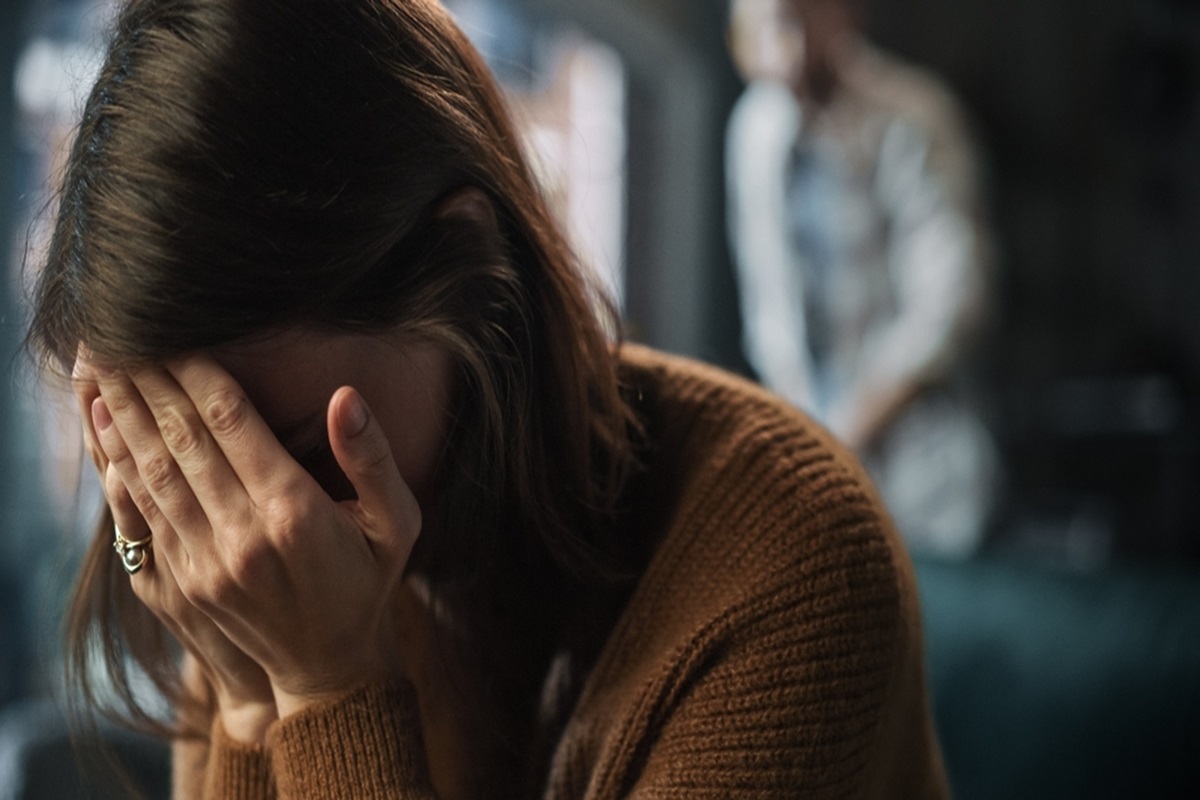Experiencing domestic abuse is a deeply painful and traumatic situation. For those who find themselves in such circumstances, the journey to safety and recovery can feel overwhelming. Understanding the steps to take, especially when it comes to legal protection and emotional support, is crucial. This guide outlines key processes for
Victims of domestic abuse, focusing on safety, legal actions, and emotional recovery.
- Prioritize Immediate Safety
The first and most critical step in dealing with domestic abuse is to ensure personal safety. If you’re in immediate danger, prioritize getting to a safe place.
Identify a safe place you can go, such as a friend’s house or a shelter. Prepare essential items like identification documents, a change of clothes, some money, and any medications.
If the situation becomes life-threatening, contact emergency services immediately. In the U.S., this would involve calling 911. You can also call domestic violence hotlines, which offer 24/7 support and can connect you to shelters or counselling services.
- Seek Legal Protection and Advice
Once you’re safe, the next step is understanding your legal rights and options.
In most places, you can apply for a temporary restraining order (TRO) or protective order through a local family court. These orders require the abuser to stay away from you. Domestic violence organizations often provide guidance for filing these orders.
Dedicated domestic abuse legal advice is crucial for navigating the complexities of domestic abuse cases. If you’re unsure where to start, many regions offer free or low-cost legal aid services for domestic abuse victims.
- Document the Abuse
Building a legal case often requires evidence. Even if you’re unsure about taking legal action right now, documenting the abuse can be essential for future decisions.
Save any emails, text messages, or photos that demonstrate the abuse. Keep medical records if you’ve sought treatment for injuries, and maintain any police reports if they’ve been called to your home.
Create a detailed record of incidents, including dates, times, and descriptions of what occurred. Witnesses, if available, can also be a powerful resource when filing a case.
- Understand Civil and Criminal Legal Options
There are both civil and criminal pathways available to victims of domestic abuse.
You may want to seek a divorce, especially if children are involved. Family law cases may also cover child custody, alimony, or child support.
Domestic violence is a crime in most jurisdictions, and you may choose to press charges. Criminal cases can lead to jail time for the abuser, and provide an added layer of protection.
- Connect with Domestic Violence Organizations
Domestic violence organizations offer holistic support, from legal advice to emotional care. They are invaluable allies in helping you navigate your next steps.
Contact organizations like the National Domestic Violence Hotline (1-800-799-7233 in the U.S. or 0808 2000 247 in the UK) for immediate help. Other organizations exist around the world that can support victims. They can direct you to local shelters and provide advice on next steps.
Some organizations have legal advocates who can assist in court, help with paperwork, and offer emotional support throughout the legal process.
- Seek Emotional and Mental Health Support
Surviving domestic abuse is not just about physical safety; it’s also about emotional healing.
Many domestic violence organizations offer free or low-cost counseling services. Therapy is an important tool for emotional recovery and rebuilding self-worth. Joining a support group of individuals who have gone through similar experiences can be incredibly validating and empowering. These groups offer practical advice and emotional solidarity.
- Explore Legal Aid and Pro Bono Services
If you’re worried about legal costs, many areas have organizations that offer free or reduced-fee services to domestic abuse victims.
Nonprofit legal aid societies offer legal representation for those who can’t afford a private attorney. You can inquire about these services through domestic violence organizations. Some lawyers take on domestic abuse cases without charge, especially if your case has strong legal merit.
- Be Patient with the Process
Leaving an abusive relationship is a complex, deeply personal decision that takes time. Be kind to yourself and understand that it’s okay to move at your own pace. Support from loved ones, professionals, and organizations can make this process a little less overwhelming.
Remember –
Navigating the aftermath of domestic abuse can be daunting, but you don’t have to do it alone. Safety, legal support, and emotional care are all important aspects of this journey toward a better, safer future.

